Nutritional Supplements for Alcoholism
When a person drinks a lot of alcohol on a regular basis, nutritional deficiencies develop. One of the serious issues caused by alcoholism is the fact that when nutritional deficiencies do develop, they tend to cause a lot of problems. We talk more in depth about nutrient supplements to help stop drinking in another article because nutrition and diet for alcohol abuse recovery is so important. Nutrients like iodine and vitamin B17 have been systematically removed from the food supply to make deficiencies of these nutrients practically ubiquitous in the general population and then the consumption of empty calories as a result of heavy alcohol intake causes additional nutrient deficiencies for alcoholics too. When these nutrient deficiencies are corrected, it reduces alcohol cravings naturally.There are some basic rules to follow in terms of diet when you’re trying to overcome an alcohol addiction at home. Click here to read a quick overview of an addiction recovery diet to prevent relapse.
Macronutrient Supplements for Alcoholism Recovery at Home
Alcoholism home care should always include nutrient supplements to restore to a state equilibrium. Our bodies require nutrients in order to heal and rebuild. How can you overcome an alcohol addiction at home if your body is sick and struggling to simply rebuild tissues? If your body is uncomfortable and needy, you’ll have cravings. If you don’t have the proper nutrients to build neurotransmitters in the brain, you’ll make poor decisions about diet and food when your body becomes needy. Nutritional supplements can help you with treating alcoholism at home by reducing neediness in a general way and by simultaneously giving your body nutrients it needs to rebuild tissues and organs that have been damaged as a result of alcoholism.Fat Soluble Vitamins for Alcohol Addiction
The fat-soluble vitamins like vitamin A, D, E, and K1 and K2 are essential for human health. One of the easiest and most affordable ways to supplement with these vitamins is to take a cod liver oil supplement twice daily (1 teaspoon per dose in the morning and at night). Cod liver oil also contains omega fatty acids that help rebuild brain and nervous system tissue quickly.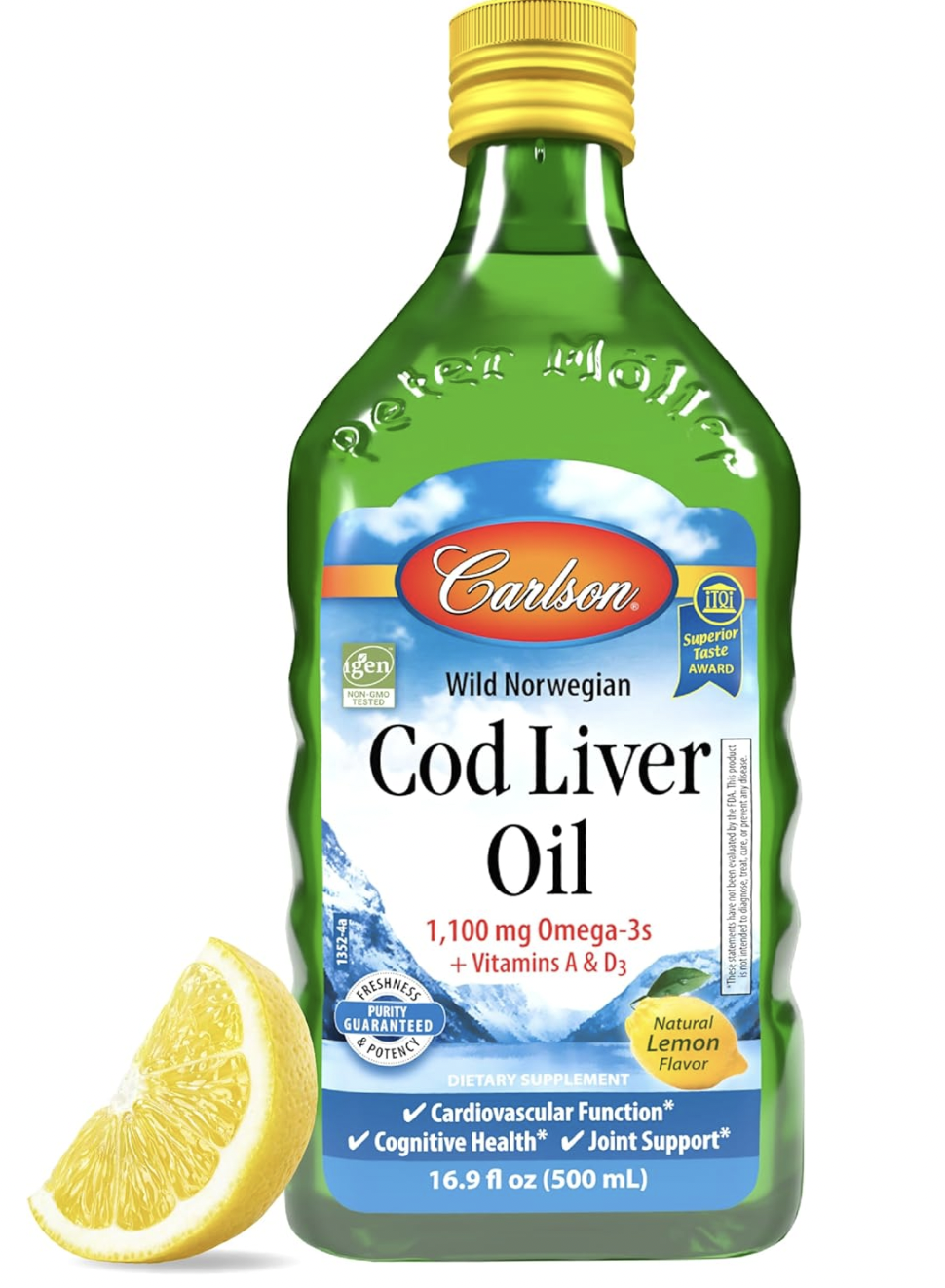
Click here to buy cod liver oil supplement.
Yet another way to obtain the omega fatty acids along with fat soluble vitamins is to drink the Budwig Quark Smoothie up to 3 times per day. This is a nutrient-dense smoothie that contains essential nutrients to help the cells rebuild themselves quickly. This particular recipe is famous for its ability to cure diseases that have been dubbed incurable by conventional medicine. Click here to learn how to make the Budwig Smoothie to improve diet during alcohol addiction recovery.Note that vitamin D should not really be classified as a vitamin at all because our bodies produce vitamin D naturally when the skin is exposed to sunlight (a criteria for saying that a nutrient is a “vitamin” is that it is not produced in the human body naturally). Many people take vitamin D supplements to their own detriment as vitamin D without the contemporaneous presence of vitamin K2 causes calcium deposits to build up in soft tissues (think pineal gland clacification, breast calcification, atherosclerosis, etc.) while simultaneously causing bone tissues to become weak and osteoporotic. Click here to read more about the dynamic between vitamin K2 and vitamin D. We don’t usually recommend that people take a vitamin D supplement of any kind because it’s easy to do damage to your body when you take vitamin D. One exception to this “no vitamin D supplement” rule is if you live in an area of the world where you are not exposed to very much sunlight.
Vitamin K2 is a nutrient that our bodies once produced in the gut and that we used to consume in our diets until the creation of GMO staple foods like wheat, corn, and soy. GMO foods don’t go through the shikimate pathway which means that these food items don’t produce vitamin K2 / Menaquinone 7 / MK-7, methylfolate (vitamin B9), coenzyme Q10 and other vital nutrients. These GMO foods have decimated the gut flora that once made vitamin K2 in our bodies naturally. Vitamin K2 (in it’s MK-7 form – avoid the MK-4 form) acts to take calcium from the gut through the blood supply to place in our teeth and bones. Without vitamin K2 bones get weak and calcium ends up in soft tissues of the body. With proper levels of vitamin K2 and a specific toothpaste recipe that we discuss at this link, you can, in fact, heal your teeth if they get cavities. So vitamin K2 in the MK-7 form is an important nutrient that has a high cure rate for bone, blood and reproductive organ cancers. This is an important nutrient for recovering alcoholics because it can restore bone and blood health which in turn, heals the liver.
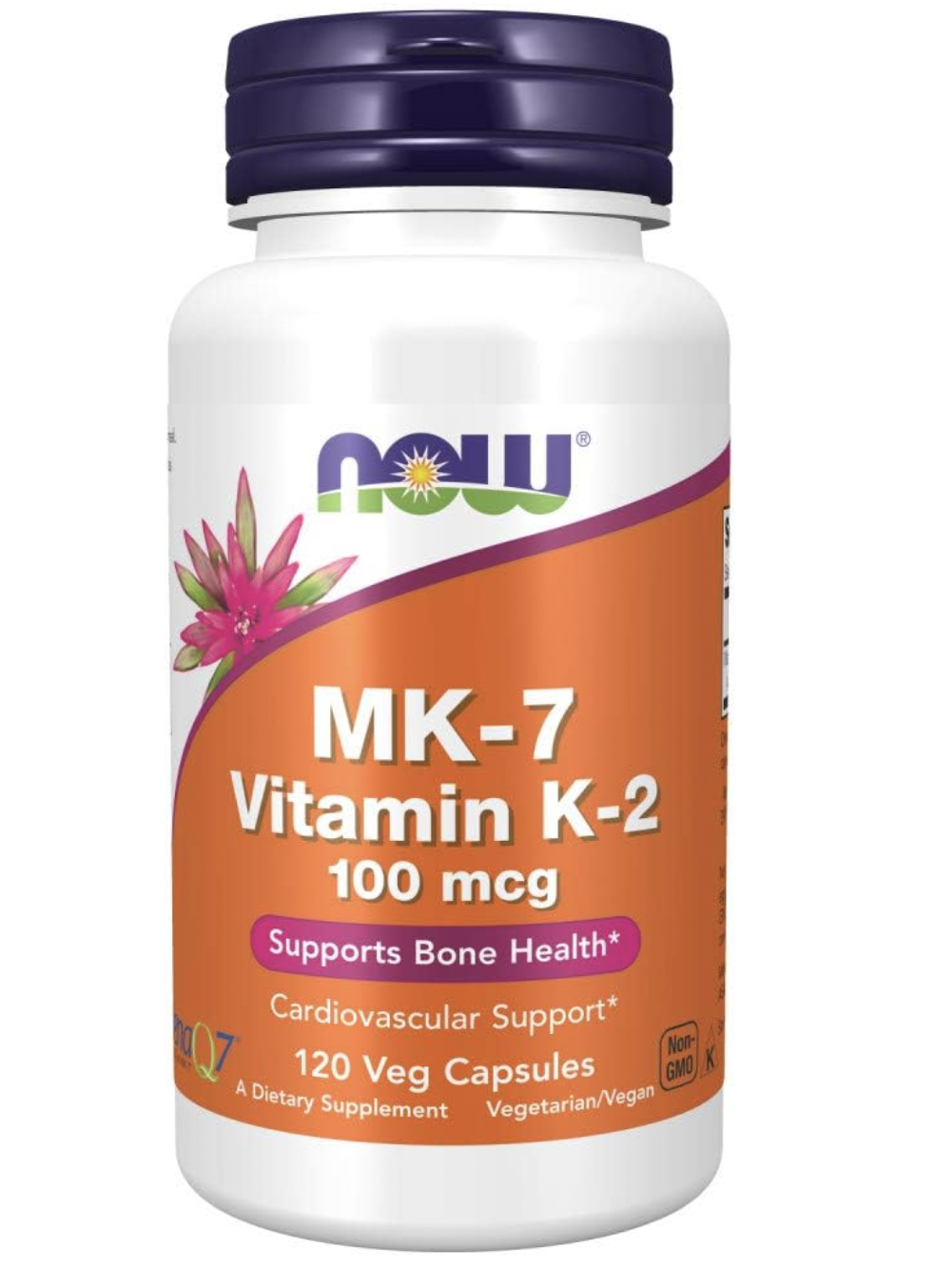
Click here to buy Vitamin K2 / MK-7.
B Vitamins for Alcohol Addiction
Macronutrients like the fat-soluble vitamins A, D, E, and K1 and K2 are extremely important in terms of nutrition for alcoholism, but B vitamin deficiencies are perhaps most well-known for their role in causing not only alcoholism, but also alcoholic psychosis. Indeed, Wernicke encephalopathy (also known as Wernicke’s encephalopathy or “wet brain”) is caused by lesions in the nervous system due to a severe deficiency of the B vitamins, especially thiamine / vitamin B1. Wernicke’s encephalopathy is part of alcoholic Korsakoff syndrome. When neurological issues occur with alcoholic Korsakoff syndrome, it is known as Wernicke-Korsakoff syndrome.A deficiency of vitamin B3, also known as niacin, can lead to alcoholic psychosis while a deficiency of vitamin B6 makes it impossible for the brain to convert dopamine precursors into dopamine, which sets up an addictive cycle in the body. Indeed, a deficiency of vitamin B12 can easily lead to symptoms of dementia or neurological disorders and, unless a doctor happens to know that a deficiency of vitamin B12 can cause these symptoms, brain damage can become permanent unless treated quickly. So the B complex vitamins are extremely important as macronutrients for alcoholism. Ideally, recovering alcoholics should take a daily B100 Complex vitamin supplement along with Grape Seed Extract (which contains vitamin B17) to ensure that they get plenty of all the essential B vitamins.
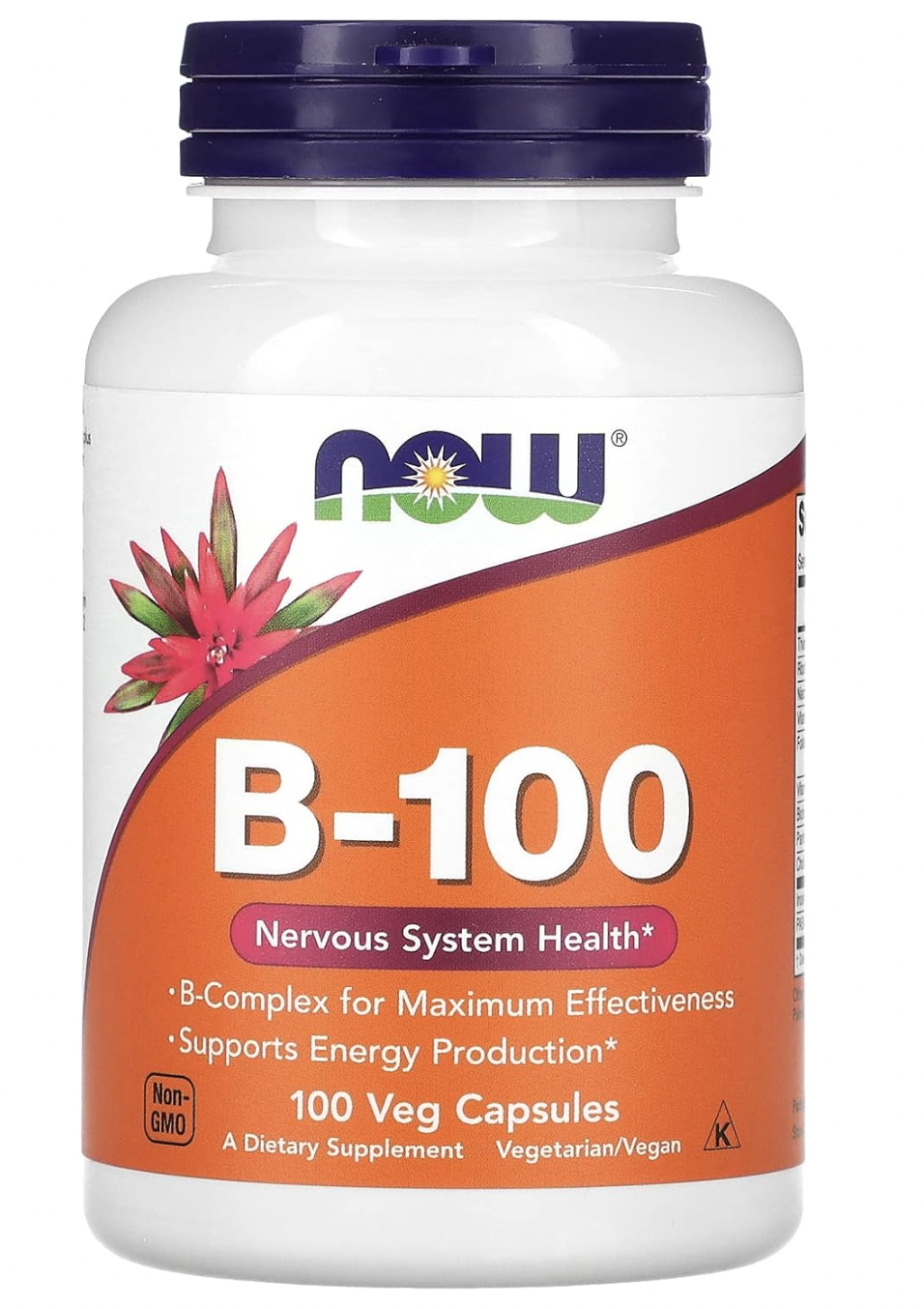
Click here to buy vitamin B100 Complex.
Note that vitamin B12 deficiency may be hard to correct by taking oral supplements at home because in people with poor digestion, existing nutrient deficiencies, or anyone over the age of 50 years, vitamin B12 may not be absorbed properly by the body. Recovering alcoholics belong in this category. Thus, vitamin B12 deficiency can be corrected at home using a pure vitamin B12 powder with dimethylsulfoxide (DMSO) to administer this nutrient topically through the skin. Take an oral vitamin B12 supplement, but also apply vitamin B12 to the skin using DMSO. Or, if you take prescription medications, you can ask your doctor about obtaining a vitamin B12 injection. Click here to learn more about neurological issues that can be caused by vitamin B12 deficiency.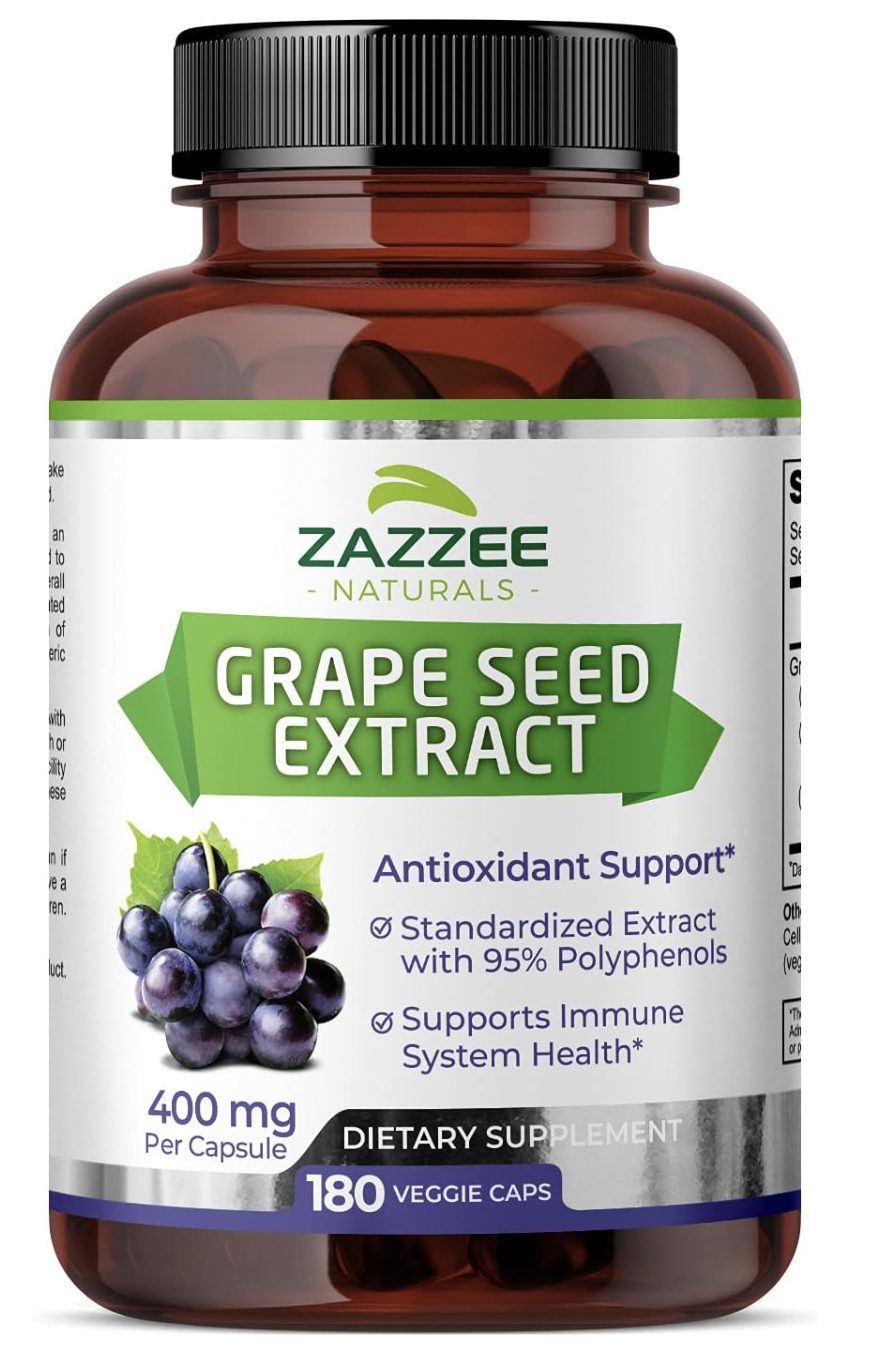
Click here to buy Grapeseed Extract.
Vitamin C for Alcohol Addiction
Finally, though the B vitamin deficiencies are most well-known in terms of their effect on individuals who are addicted to alcohol, vitamin C deficiency is also a serious issue that should be corrected as soon as possible in recovering alcoholics. Vitamin C is a nutrient that helps the body rebuild itself, period. Without vitamin C, collagen can’t pull itself together into healthy tissues. Though even a small deficiency of vitamin C can lead to bleeding gums and a susceptibility to illness, a severe deficiency causes scurvy. Indeed, there are a number of case reports documenting that alcoholics are severely deficient in vitamin C such that they develop scurvy, a deficiency disease that’s relatively uncommon in the general population. Anyone who is recovering from alcoholism should take between 6000-10,000 mg of vitamin C per day orally. Ideally, the recovering addict should take the highest possible dose of vitamin C that their digestive system can tolerate before they develop diarrhea.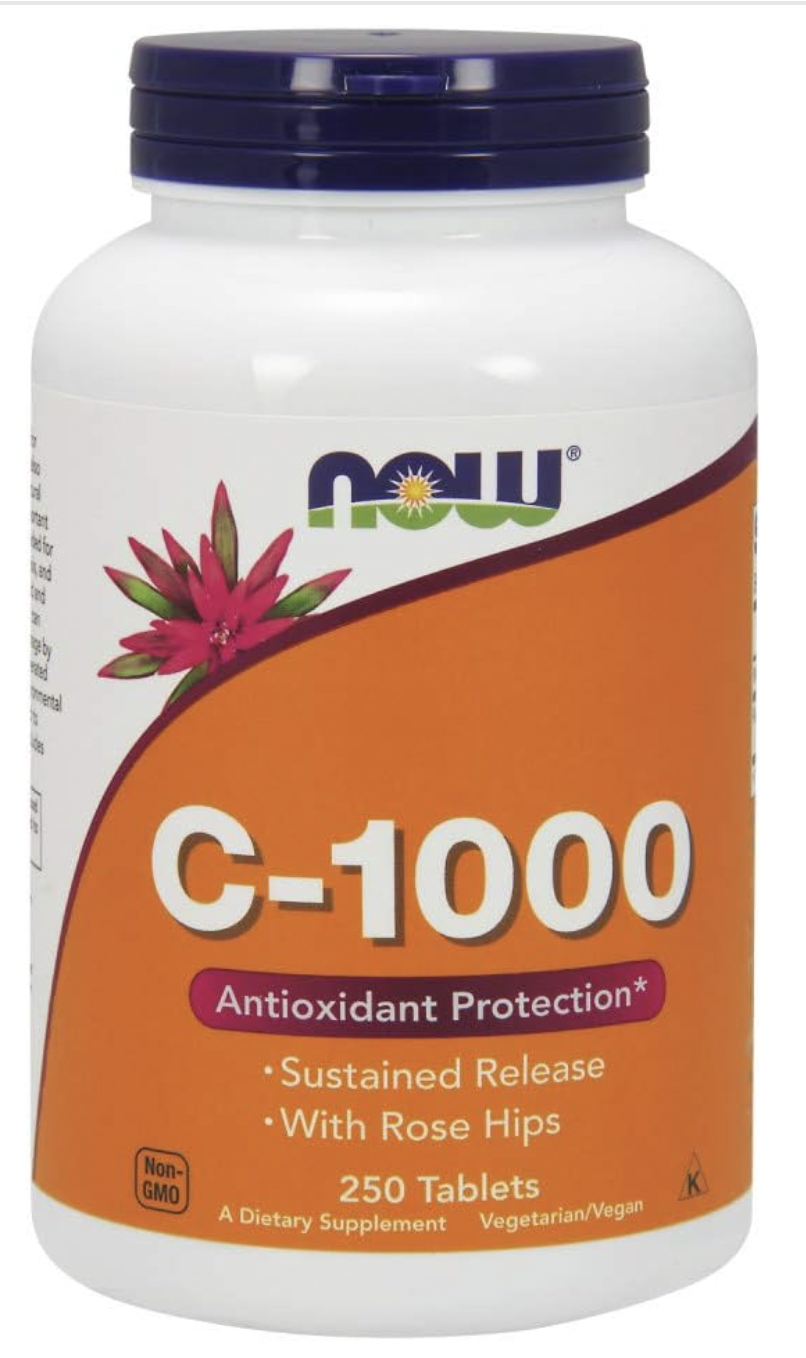
Minerals for Alcohol Addiction
Most mineral supplements exist as “salts”. Salts are naturally “electrical” and they help keep the cells powered up like tiny ionic batteries. Without mineral salts, cells can’t function properly, they get low on energy and they eventually get sick and they even die. So don’t ignore your mineral supplements (or the trace mineral supplements that we talk about in this section). Each one is important.Below we discuss the most important mineral supplements that can be used to heal the body after alcohol addiction.
Lugol’s Iodine
Minerals are extremely important and cannot be neglected for anyone who is treating alcoholism at home. Lugol’s iodine is especially important because most people are deficient in this nutrient already, even without an alcohol addiction to exacerbate the problem. Lugol’s iodine contains both molecular iodine and potassium iodide which means that it can feed both the thyroid gland and the reproductive organs. Iodoral is the only other iodine nutrient supplement that contains the proper dose of both of these vital forms of iodine. Make sure you get an iodine product that contains both forms of iodine that the body needs.
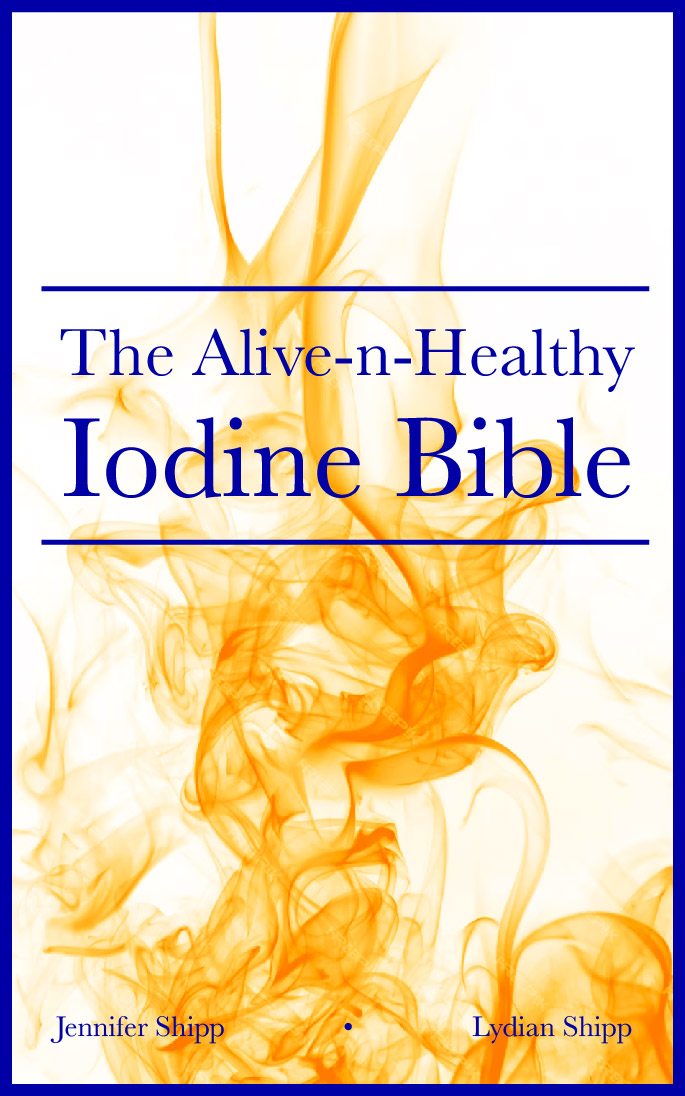
Click here to buy The Iodine Bible.
Iodine regulates metabolism and it keeps the pancreas and the liver healthy in part through its impact on reproductive organ health. A deficiency of the Lugol’s iodine nutrients causes hypothyroidism, hyperthyroidism (two very common diseases today), thyroid cancer, reproductive organ cancer, immune system issues (including autoimmunity and poor immunity), lung disease, heart disease, pancreatic diseases including diabetes, liver disease, and more. We’ve written a lot about iodine in our career because it impacts so many different organs in the body. The potassium in Lugol’s iodine helps regulate heart rhythm. Potassium iodide is a powerful expectorant that can keep the lungs healthy when taken daily in Lugol’s iodine as a supplement. It’s hard to be healthy without iodine because its role in immune system function.Click here to read more about the Basic Iodine Protocol.
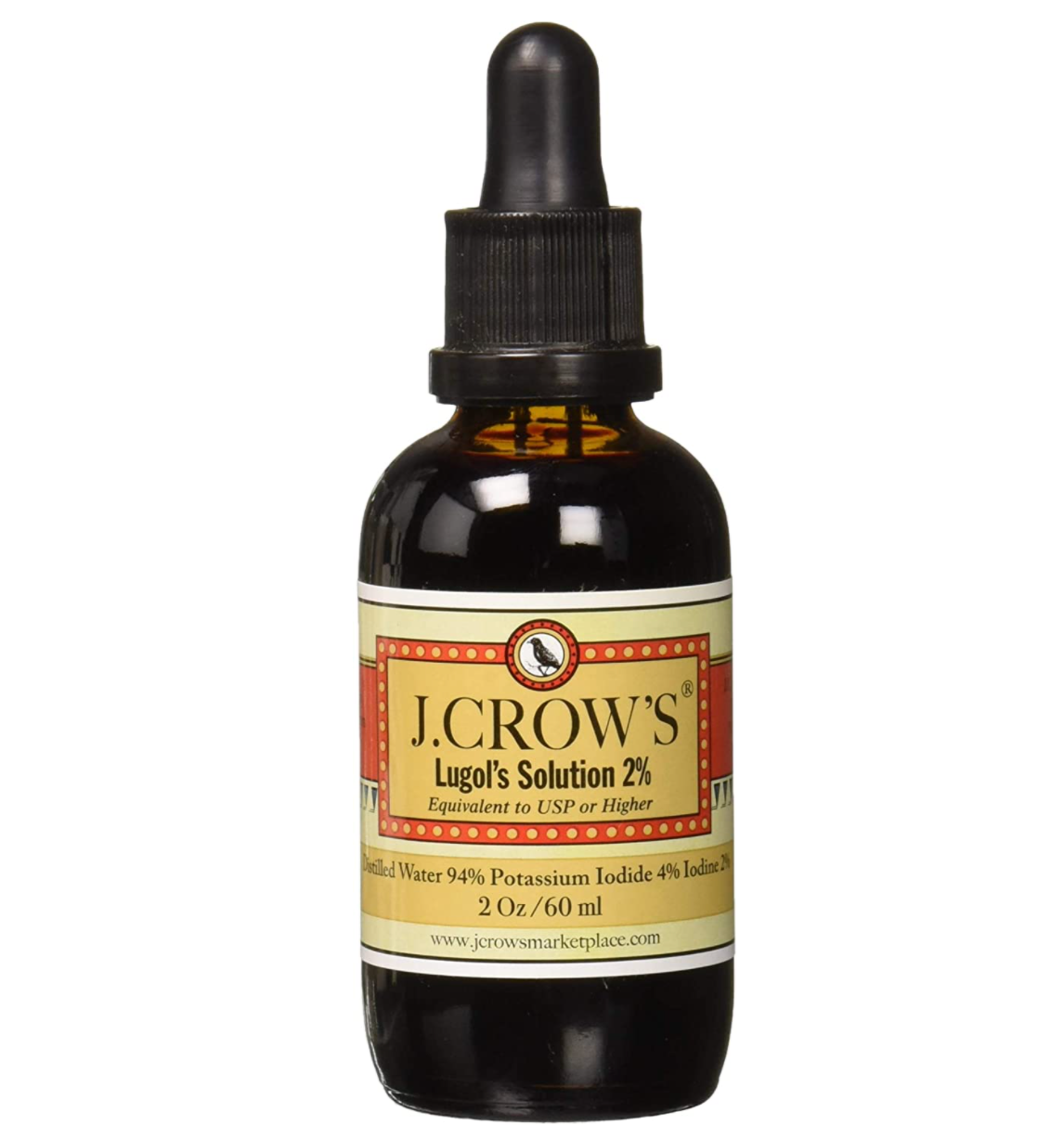
Click here to buy Lugol's iodine.
Magnesium
Without proper levels of magnesium, it’s hard for people to rest. Their bodies can’t find a restful position and their legs might become restless (also known as Restless Legs Syndrome). When a person has a severe magnesium deficiency and they begin taking magnesium, they might develop itchy skin at first so take note. The itching eventually goes away as the magnesium deficiency is corrected.Magnesium glycinate is one of the best forms of magnesium that can be absorbed most easily by the body. Take at least 600 mg per day of magnesium glycinate. Do “diarrhea dosing” with magnesium (similar to how you dose vitamin C) to determine the proper dose for you. Start by taking magnesium glycinate 600 mg per day and increase the dose by 100 mg daily until you develop a bout of diarrhea. Reduce the dose back down to whatever it was before you developed diarrhea and take that amount daily in two divided doses morning and night.
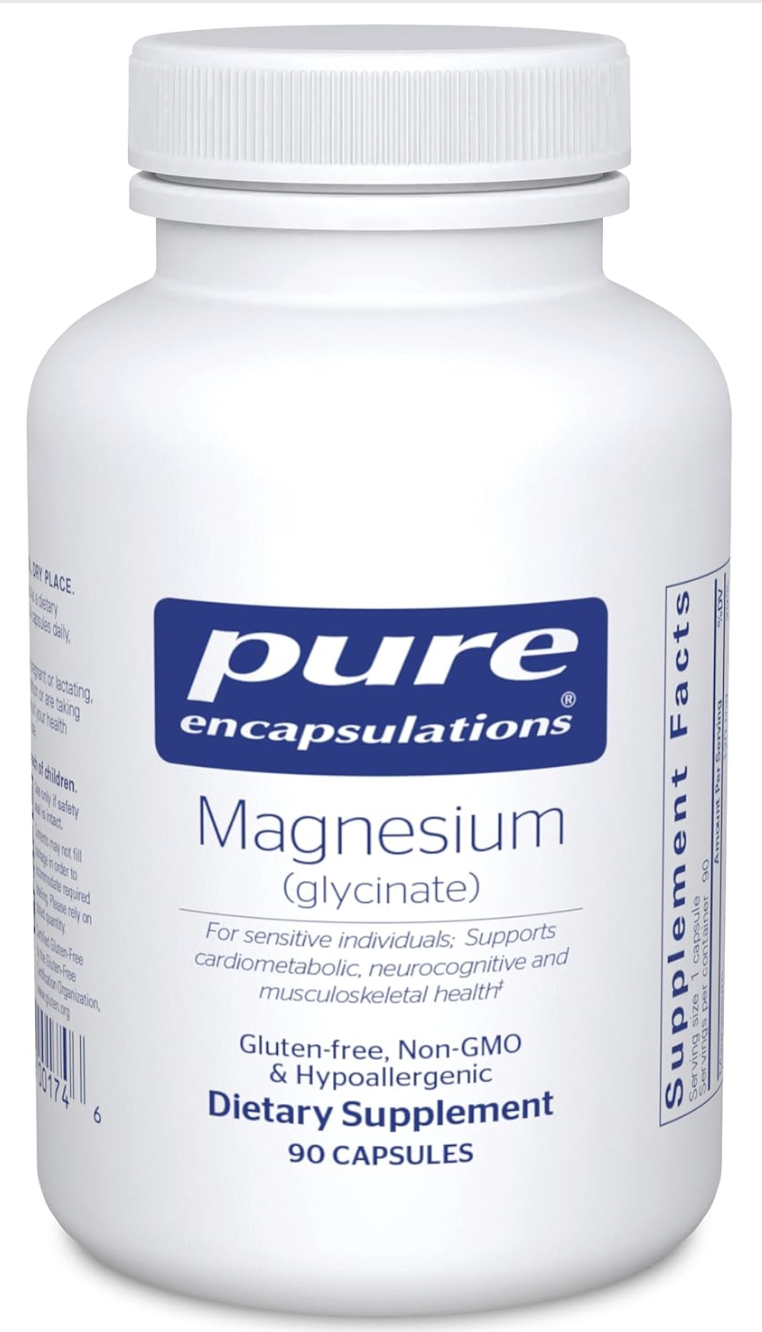
Click here to buy Magnesium Glycinate.
Lithium
Lithium Orotate is the natural lithium salt that our bodies need in order to feel psychologically healthy, relaxed, and at peace. In areas of the world where there is a higher-than-average level of Lithium Orotate in the water supply, there is a lower incidence of suicides and homocides in the general population. For those who are doing alcohol addiction treatment at home, Lithium Orotate supplements at very low doses can help electrify the body. Remember, lithium batteries are a source of energy for power tools and even cars and Lithium Orotate is a powerful source of energy for our cells too.Lithium Orotate is the natural salt of lithium that exists in nature. It is different from the synthetic pharmaceuticals, Lithium Carbonate and Lithium Chloride that were developed by Big Pharma to treat bipolar disorder. While Lithium Carbonate and Lithium Chloride are rather toxic to the body (because they are an unnatural, synthetic, and therefore patentable salt of lithium), Lithium Orotate exists in nature and it works fluently with the human body to promote both physical and psychological health.
Do not take Lithium Orotate at the same time that you administer Lugol’s iodine. Lithium Orotate can inhibit iodine absorption if they are administered at the same time, Rather, administer 5-80 mg or Lithium Orotate at least 2 hours before or after you administer iodine each day. Start with the lower dose of Lithium Orotate and increase the dose by 5 mg per day up to 80 mg per day, if desired. Lithium Orotate relaxes the body, so note if it makes you feel tired at a higher dose and stick with the lower dose if the higher dose affects you in this way.
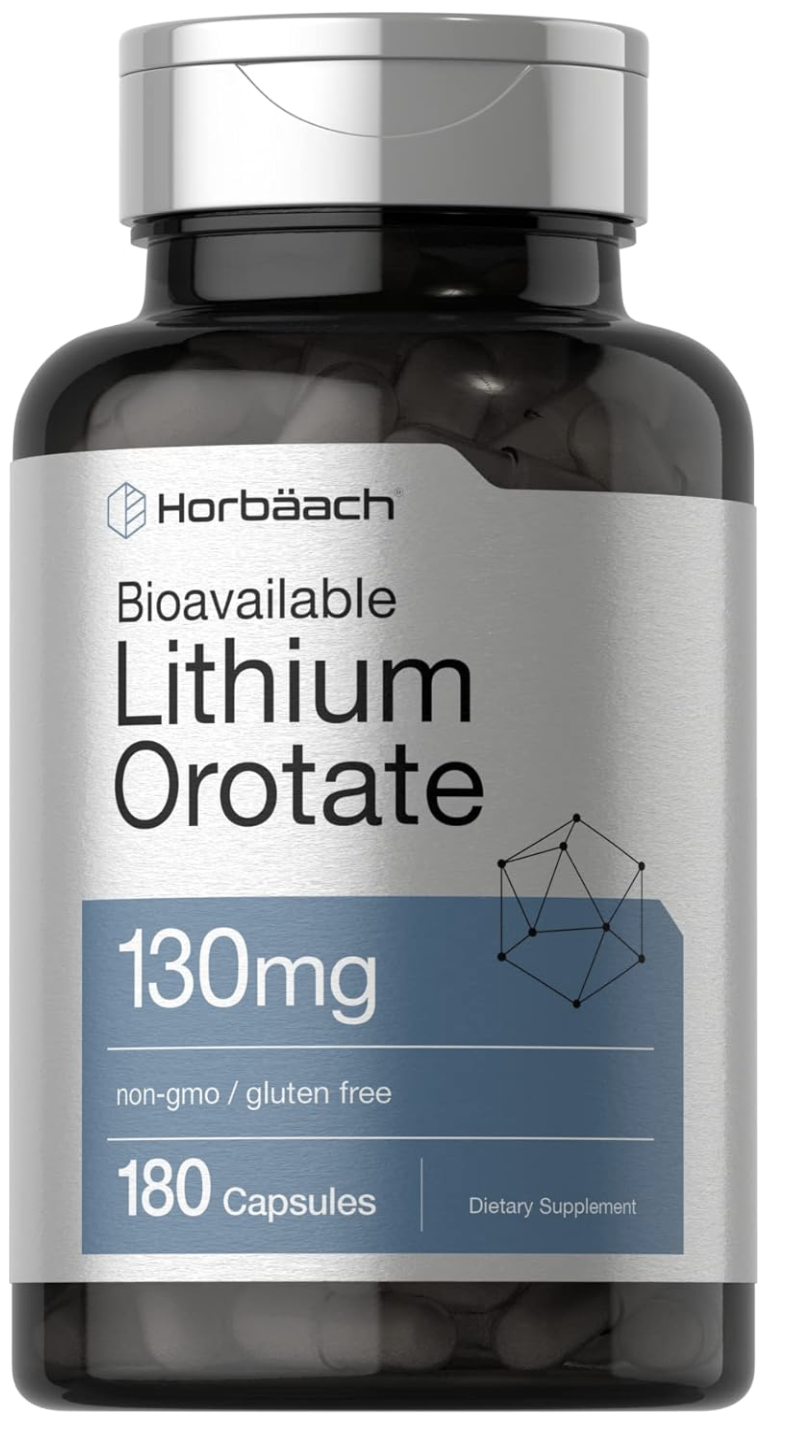
Click here to buy Lithium Orotate.
Selenium
There are several minerals that the body needs in order to properly metabolize iodine. Administer 200-400 mcg daily in adults. Ideally, you should take selenium supplements and the other supplements listed here for at least 2 weeks BEFORE beginning to administer iodine. If you have Hashimoto’s disease, begin working with selenium and vitamin B2 and vitamin B3 in high doses for 2 months before you dose with iodine. Use the recommended doses in the iodine protocol. Click here to read more about how to do the iodine protocol. The iodine protocol is very similar to the nutritional advice for alcoholics that we’re giving here. You should follow the iodine protocol if you have any kind of serious disease (cancer, autoimmunity, hyperthyroidism, hypothyroidism, nervous system disorder, chronic pain, etc.) that causes you discomfort along with alcohol cravings.Selenium works in tandem with iodine. Iodine is a nutrient that is central to human health, especially mental health. Be sure to note that these two minerals work together closely.
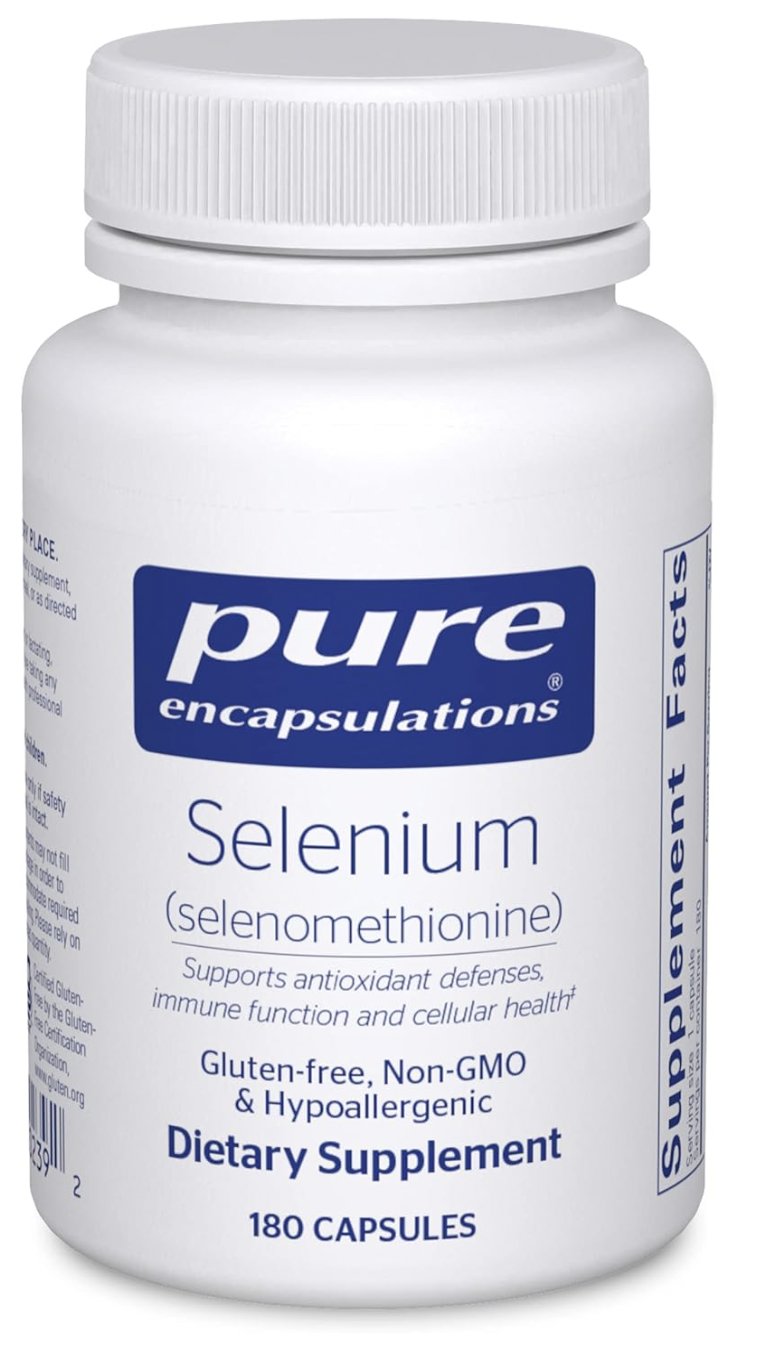
Zinc / Copper
Zinc should be administered daily at a dose of 15-30 mg while copper should be administered at 2 mg per day. Taking zinc without copper can lead to a copper deficiency. Zinc plays a role in iodine metabolism. Without proper levels of zinc, the body cannot absorb or use iodine. Without iodine, a number of health problems can develop from hypothyroidism or hyperthyroidism and reproductive organ cancers to autoimmune disease and nervous system issues. Again note that zinc works closely with iodine. These two minerals will fortify your immune system in noticeable ways.
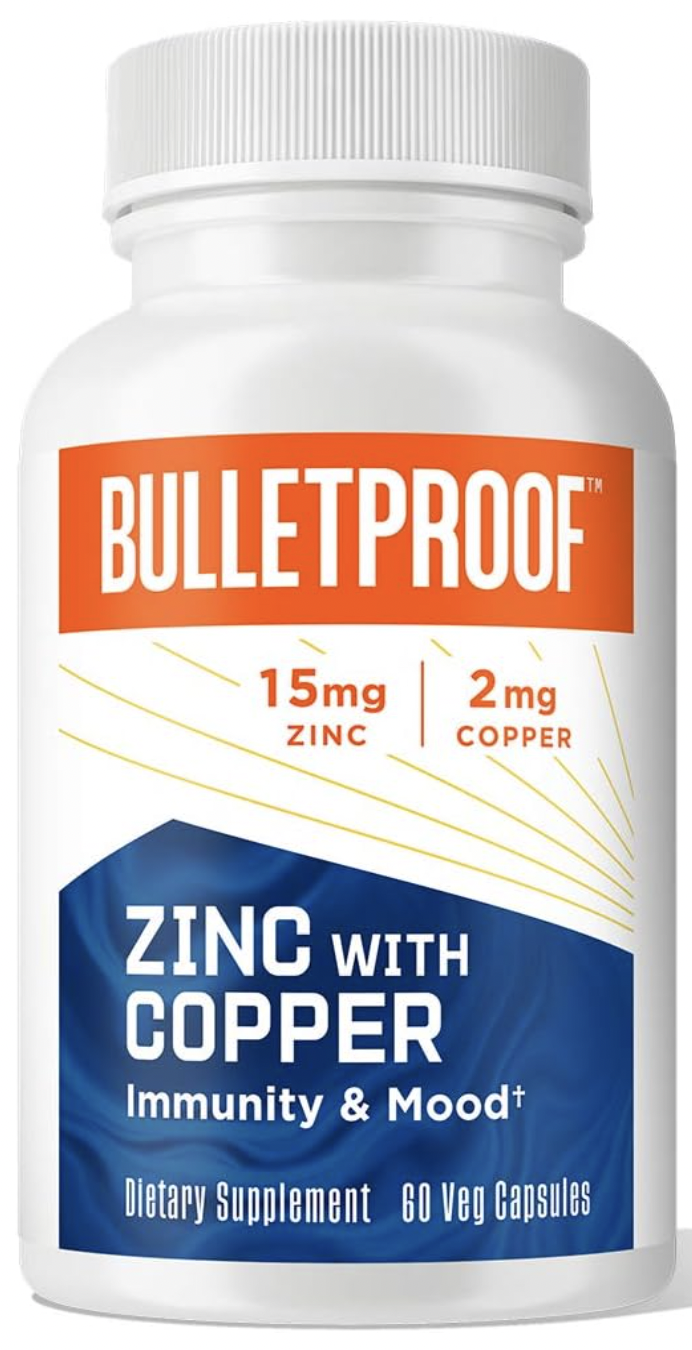
Click here to buy a Zinc / Copper Supplement.
Potassium
There is potassium in Lugol’s iodine as part of the potassium iodide salt (recall that the other ingredient in Lugol’s iodine is molecular iodine). While iodine is one of two key ingredients in thyroid hormones (L-Tyrosine being the other key ingredient), potassium plays a vital role in heart rhythm regularity and heart health. In other words, while the iodine in Lugol’s iodine helps the thyroid gland function properly which keeps our metabolic rate and our heart rate at proper levels, potassium keeps the heart rhythm normal and it promotes heart rate variability, a measure of general health. There’s a lot of potassium in natural, organic foods, but chronic alcohol consumption can change kidney function (temporarily), especially if liver health has been severely compromised. If kidney function is altered, electrolyte levels are also often altered. Potassium is an important electrolyte that plays a role in muscle contractions and heart health. Taking 200 mg per day of a potassium supplement can help the body normalize its electrolyte levels.Fluid overload is a problem for alcoholics. Taking in too many fluids and too few electrolytes can lead to sodium and potassium imbalances. Alcohol consumption can reduce how much potassium is excreted from the body, so it’s important to take only a low dose of potassium (or no potassium at all) unless you have some awareness of how your body is functioning in regard to potassium and sodium. On the other hand though, if your body is excreting excess potassium as a result of excess alcohol consumption, taking potassium supplements may reduce thirst which, in turn, may make alcohol withdrawal more comfortable, especially if thirst itself is a trigger for an alcoholic to drink alcohol.
Note that if you don’t know if your sodium or potassium levels are too high or too low (or in the middle), don’t take potassium as a supplement, at least in the beginning stages of alcohol detox at home. Take Lugol’s iodine, which will provide you with some potassium along with a trace mineral supplement, which also contains a small amount of potassium. Both of these forms of potassium balance out the effects of sodium via its combination with other ions to form “salts”. Supplementing with a potassium in salt form is less likely to cause an imbalance of minerals. Also, supplementation with trace minerals, in particular, can help the kidneys heal so that they can function properly again.
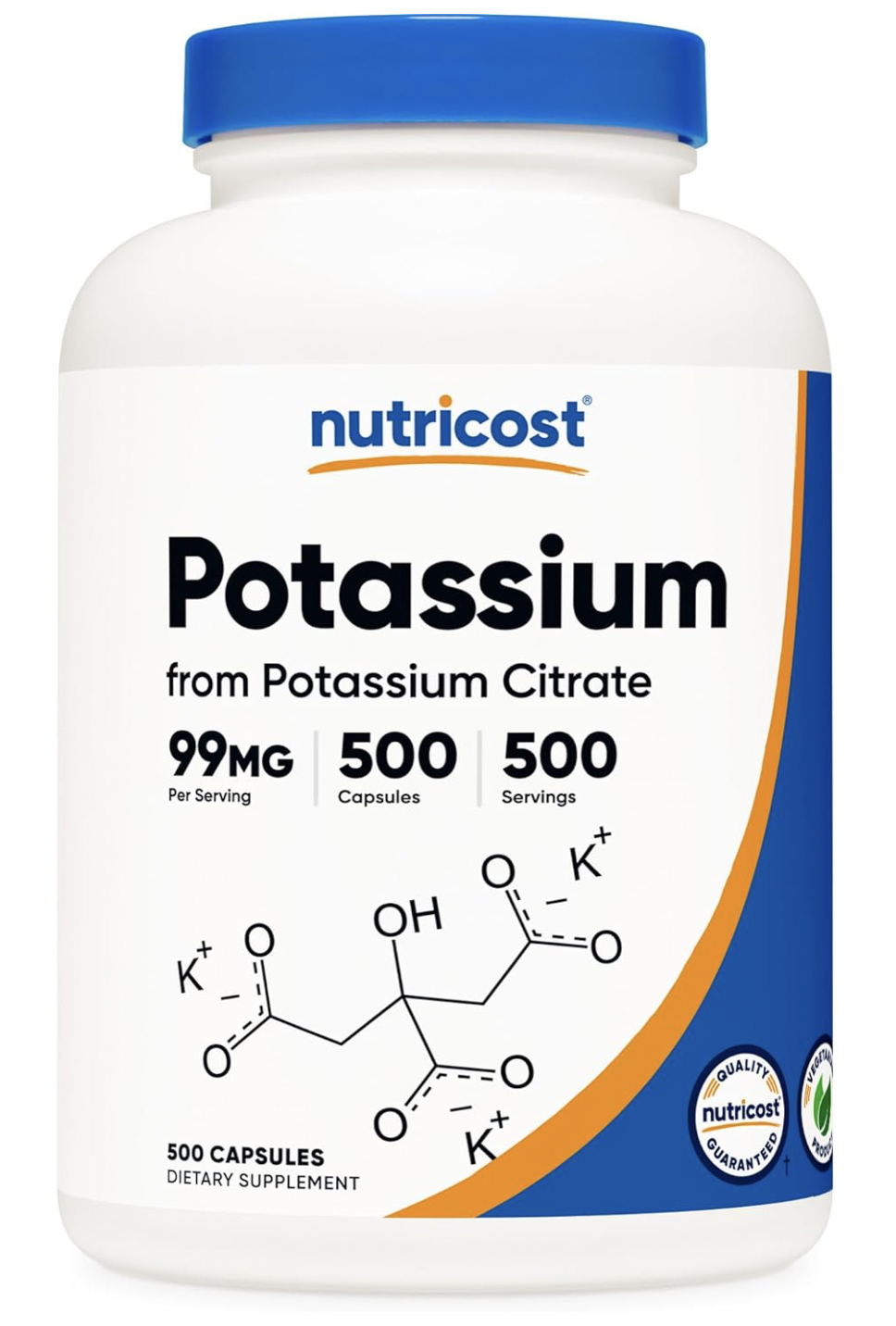
Trace Minerals for Alcohol Addiction
Trace minerals can perform miracles in the body. Another word for “trace mineral” is “electrolyte”. The word “electrolyte” speaks to the electrical nature of trace minerals. Trace minerals, in fact, are some of the basic units used to produce electricity in human cells. Without the essential trace minerals, our cells shut down and stop functioning properly. The cells stop communicating and they stop being able to dump waste, and consume healthy nutrients. Obviously, over time this leads to eventual illness in the organism – the human being. Without trace minerals, your body literally gets drained of energy and it can’t recharge itself. During the alcohol recovery process at home, trace minerals can reduce cravings by providing cells with the battery power they need to stay healthy.Click here to read more about how trace minerals are used to produce electricity in the human body.
Unfortunately, Big Food has the franchise on “electrolytes” to the detriment of everyone who consumes electrolyte soft drinks. Most of these soft drinks, including Gatorade, as an example, contain bromine, a bioaccumulative mineral that is toxic to the human body and that competes with iodine for receptor sites. Bromine is chemically similar in structure to iodine so the body can get confused and soak up bromine when iodine levels are low. Once bromine is taken up into an iodine receptor site though, it stays put. In other words, bromine is bioaccumulative.
Bromide is the “reduced” form of bromine, but for all intents and purposes in this discussion bromide and bromine are the same thing. Bromine / bromide is found in many electrolyte soft drinks as well as in commercial bread products and some pharmaceuticals. Click here to read about drugs such as cough syrups that contain bromine. The main point we want to make here is that you should avoid bromine / bromide if you are working to recover from alcoholism naturally. Exposure to this substance can disrupt the functioning of your thyroid gland, reproductive organs, liver, pancreas, brain, nerves, and more. Steer clear of commercial “electrolyte” drinks and instead use one or more of the following methods to introduce the trace minerals into your daily diet. Avoid swimming pools that use bromine instead of chlorine too.
There are several different ways to ensure that you’re getting plenty of trace minerals to use for alcoholism treatment at home including:
- Get rid of your table salt and instead use Himalayan pink sea salt in your diet.
- Take Shilajit, a trace mineral supplement that has been used to cure serious diseases such as AIDs / HIV.
- Take Fulvic Acid as a trace mineral supplement as an alternative to Shilajit.
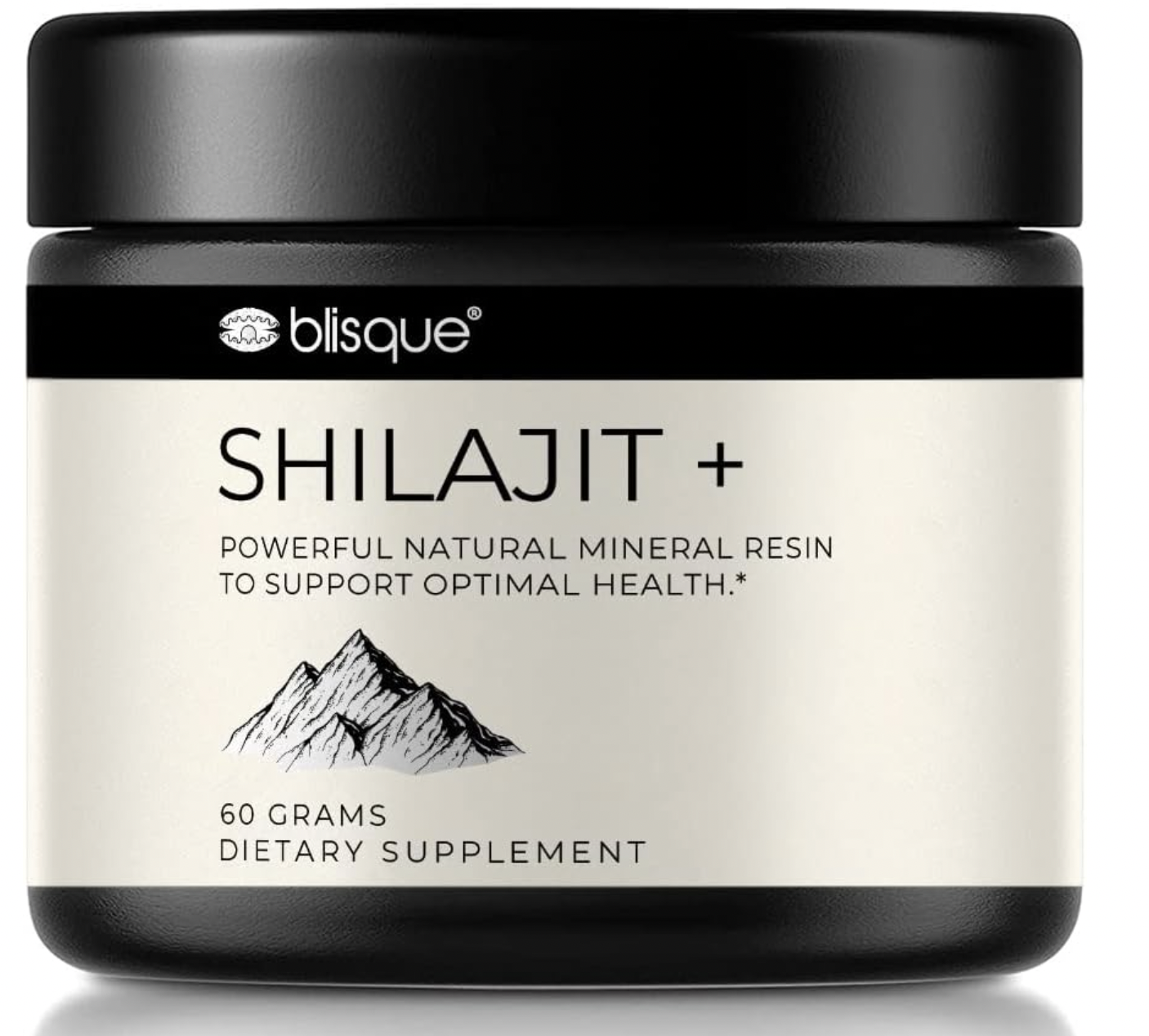
Amino Acids
Amino acids are the building blocks of proteins. What a lot of people don’t realize is that amino acids are also the building blocks of peptides and nootropics as well as neurotransmitters like dopamine, noradrenaline, adrenaline, serotonin, and more. If a person’s diet does not include an adequate amount of the essential amino acids, neurotransmitters like dopamine may get low in the body. When dopamine levels get low, people begin seeking out dopamine “hits” to try to release dopamine from their neurons, but there’s no dopamine in the neurons to be released. This creates the addictive cycle. Building up a reserve of dopamine through a diet that’s rich in amino acids (especially aminos that contribute to the production of neurotransmitters like dopamine) or by supplementing with amino acids can make a huge difference in terms of whether a person goes through alcohol withdrawal without symptoms or not.Some of the most important amino acids that help reduce alcohol withdrawal symptoms naturally include:
-
-
- This amino acid is metabolized into L-tyrosine. Some people can’t take L-Phenylalanine and usually, L-Tyrosine produces a faster result to reduce alcohol withdrawal symptoms. Nonetheless, it’s important to mention L-Phenylalanine as an amino acid that can be used for alcohol addiction home treatment because some people may not be able to find L-Tyrosine. L-Phenylalanine is a secondary option. Take up to 10,000 mg per day in doses of 2500 mg every 4-6 hours.
-
-
-
- L-Tyrosine is an amino acid that’s used by the body to produce thyroid hormones. It is also used to produce dopamine, one of the main neurotransmitters involved in addiction. You need plenty of dopamine to get through alcohol withdrawals without symptoms. Take 4,000 to 10,000 mg per day in divided doses of 1000-2500 mg four times daily.
-
-
-
- Studies have shown that Acetyl-L-Carnitine supplementation improves reasoning and memory when used for alcoholism recovery at home. Administer 2000 mg per day (1000 mg in the morning and 1000 mg in the evening).
-
-
-
- NAC is a detoxifying agent that has powerful liver cleansing abilities. It clears the mind and makes people less jittery and uncertain during the alcohol recovery process. It also helps the liver regrow and get healthy again. Take 2400-3000 mg per day in doses of 600-1000 mg every 3-4 hours.
-
-
-
- Take 1500-3000 mg at night about 1 hour before bedtime to reduce alcohol cravings naturally. You can also take L-Tryptophan before drinking to reduce the severity of cognitive impairment that happens with alcohol consumption.
-
-
- This amino acid reduces acetaldehyde levels in the body. Acetaldehyde can cause brain fog during alcohol recovery at home. Taking 3000 mg per day (as 3 separate doses of 1000 mg each) can reduce alcohol withdrawal symptoms and even prevent alcohol psychosis during detox.
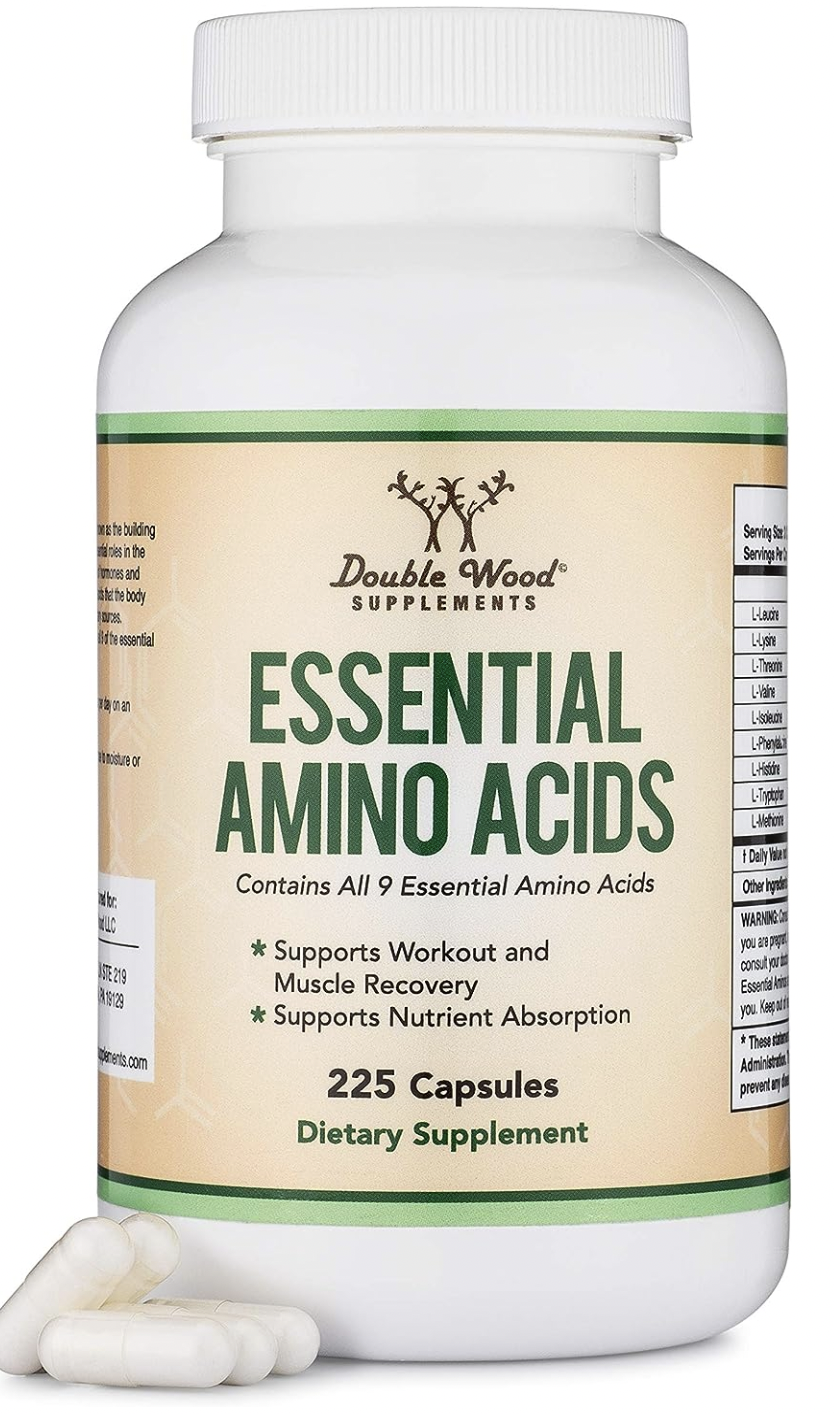
Click here to buy Essential Amino Acids.
In addition to taking the above amino acid supplements separately and in high doses (which is the secret to actually having them work to noticeably reduce alcohol withdrawal symptoms), you should also take an essential amino acids supplement separately from the above listed supplements. You need to take the essential amino acid supplement at least an hour before or after the other supplements because the Branched Chain Amino Acids (BCAAs) in the essential amino supplement can prevent some of the smaller aminos from making it into the brain. The BCAAs are bigger and they get first dibs on getting through the blood brain barrier so if you take them at the same time, they can actually prevent the aminos in the bullet point list above from being able to reduce symptoms of alcohol withdrawal. On the other hand though, having the full array of essential amino acids can give your whole body a boost, healthwise so it’s worth it to take this supplement.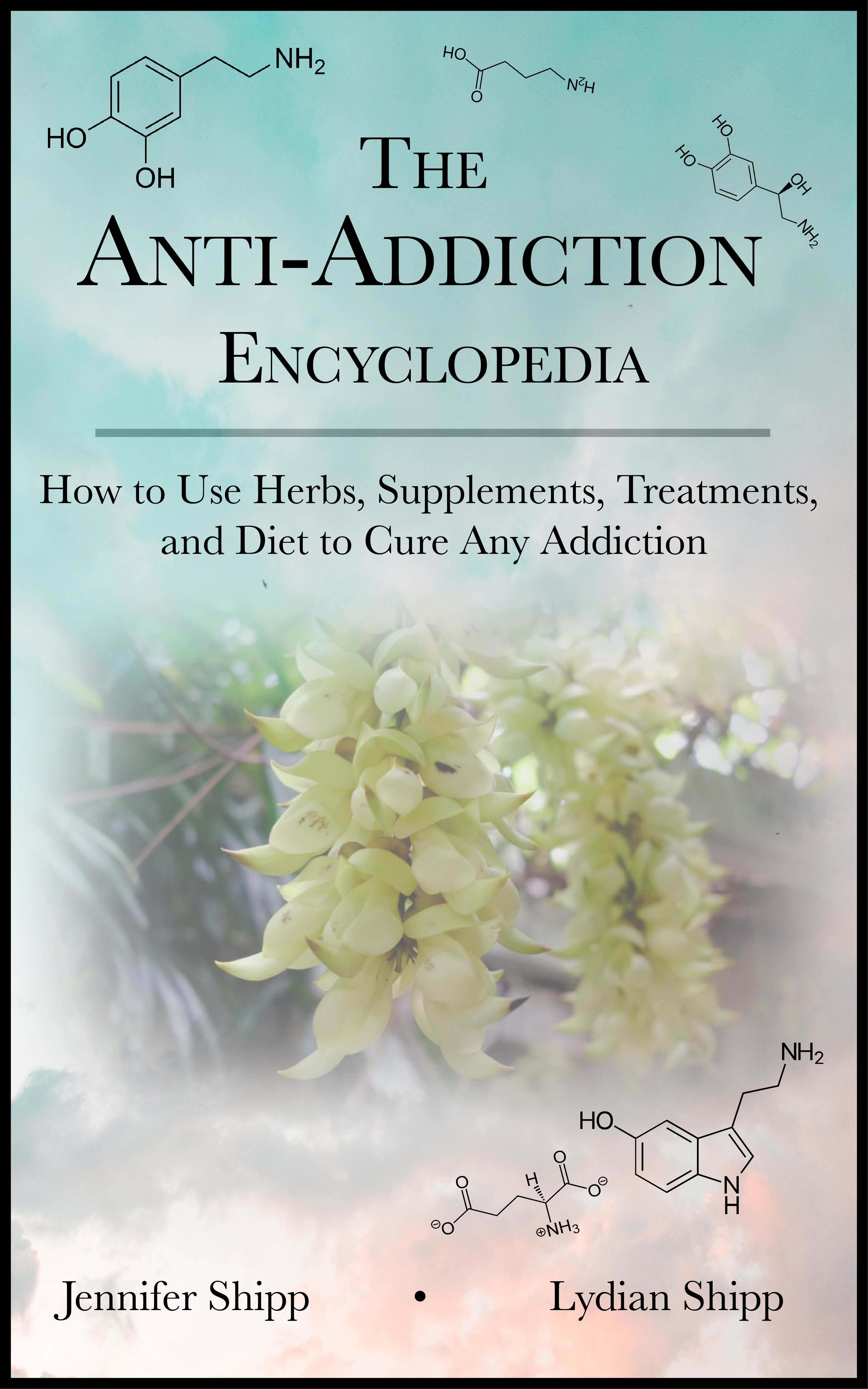
Click here to buy the Anti-Addiction Encyclopedia.
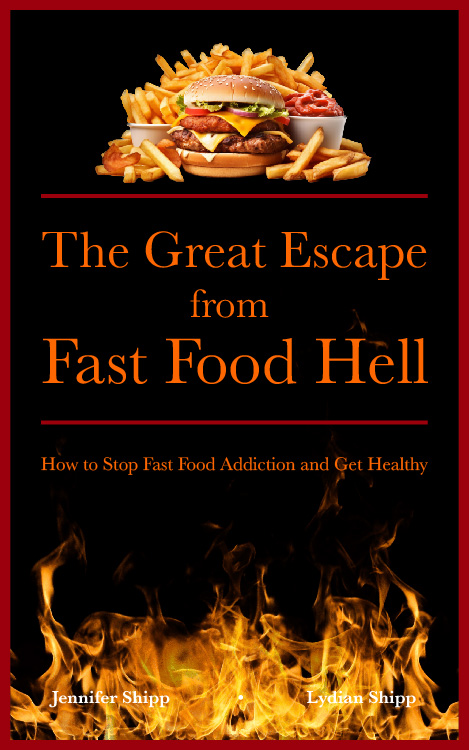 The Great Escape from Fast Food Hell: How to Stop Fast Food Addiction and Get Healthy - BUY HERE!
The Great Escape from Fast Food Hell: How to Stop Fast Food Addiction and Get Healthy - BUY HERE!
Resources:

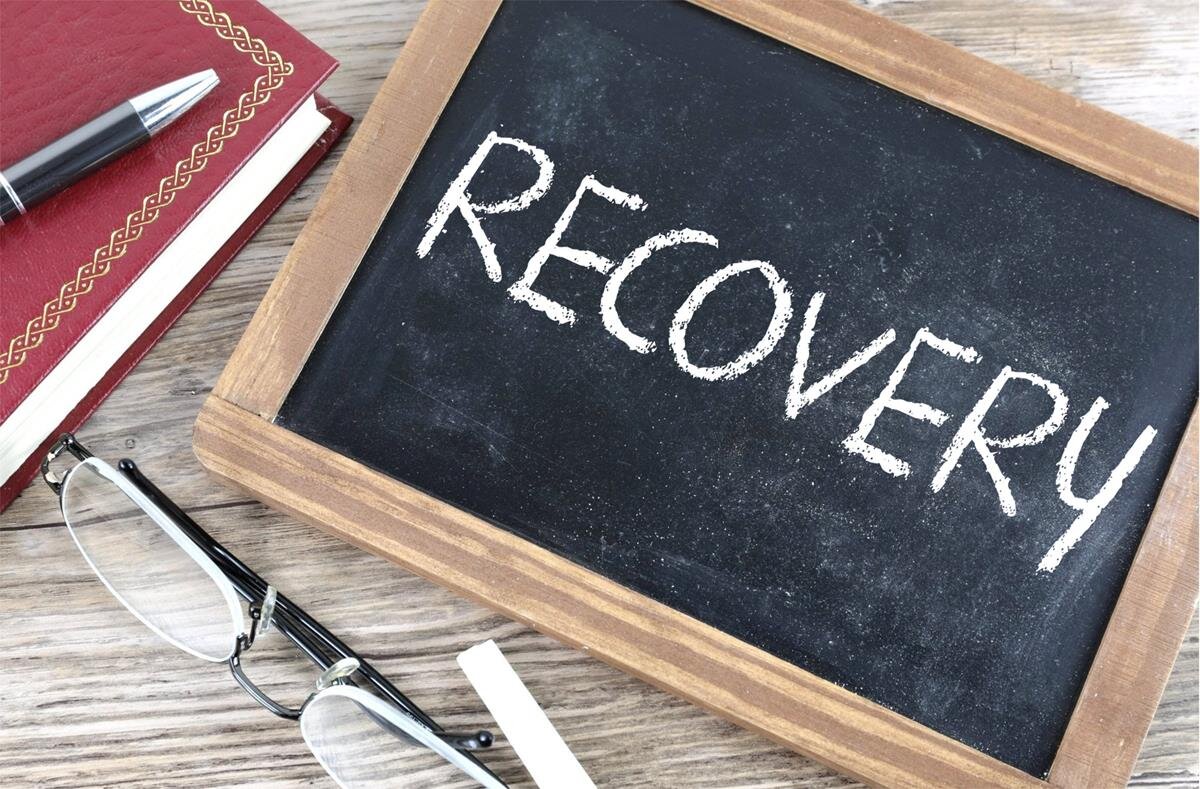 During alcoholism recovery at home, nutrient supplements can reduce symptoms of withdrawals.
During alcoholism recovery at home, nutrient supplements can reduce symptoms of withdrawals.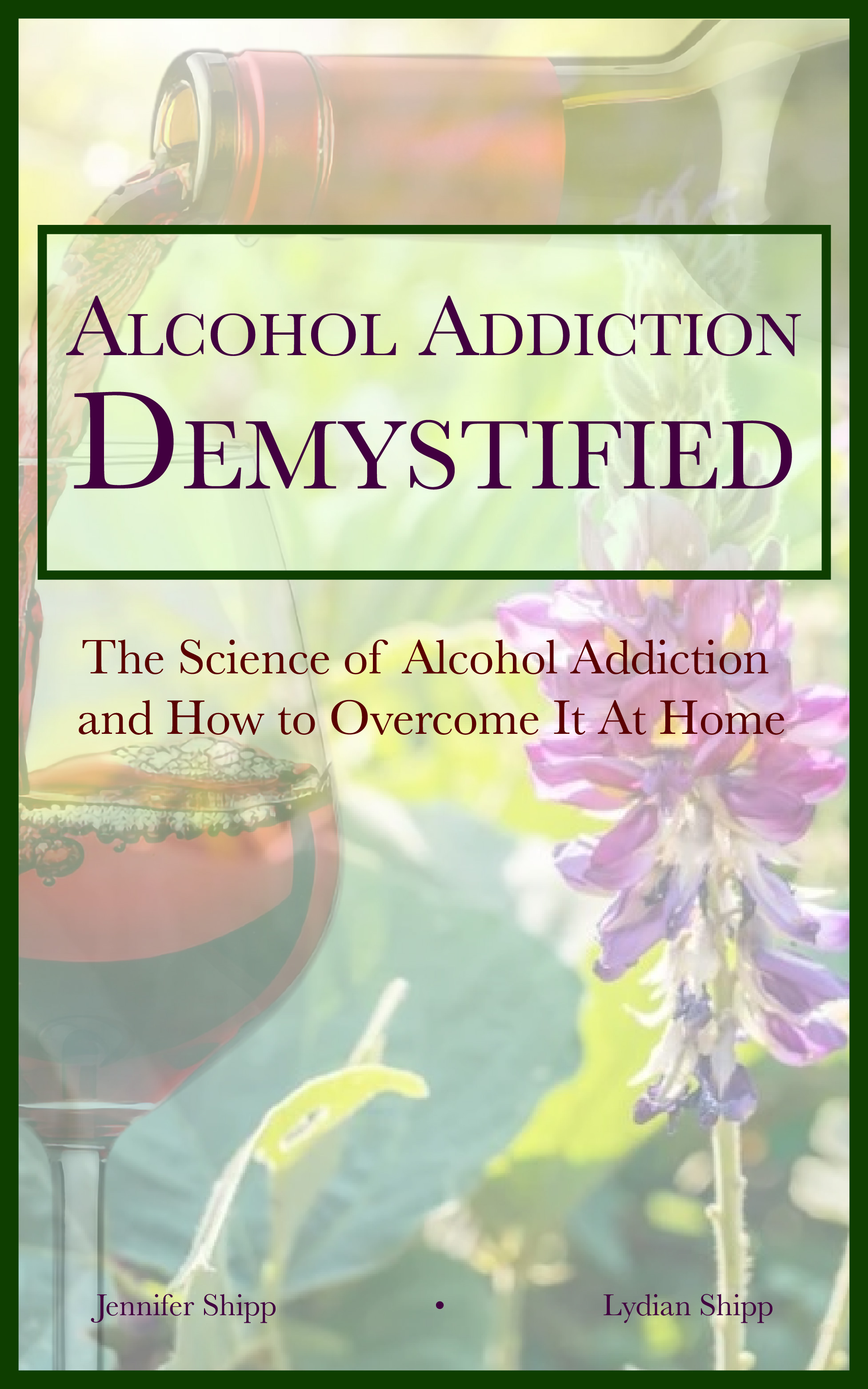 Alcohol Addiction Demystified: The Science of Alcohol Addiction and How to Overcome It At Home - BUY HERE!
Alcohol Addiction Demystified: The Science of Alcohol Addiction and How to Overcome It At Home - BUY HERE!








